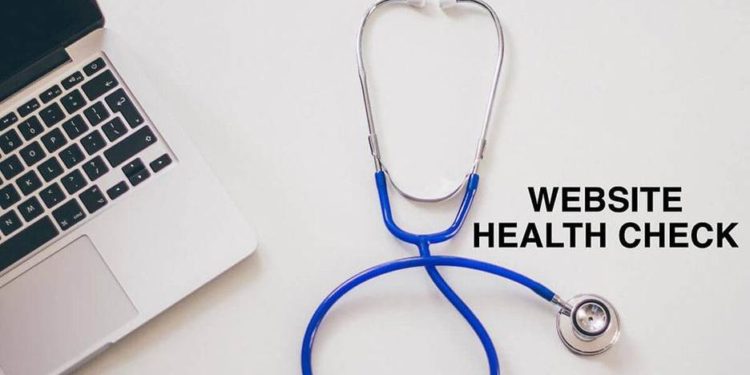Your website is often the first thing people see about your business in today’s digital world. It’s more than just an online store; it’s a great way to get noticed, find new customers, and keep old ones interested. However, even the most beautiful websites can fall short of expectations if they aren’t regularly maintained. That’s where a website health check comes into play. Like a routine medical exam, these checks ensure your site is functioning at its best and catching potential problems before they escalate.
The Importance of Staying Ahead
Search engines, especially Google, are constantly evolving. Algorithm updates, changing user behaviour, and growing competition make it essential for websites to stay agile. A website health check helps businesses stay ahead by evaluating critical components such as speed, SEO, mobile responsiveness, security, and broken links. By identifying issues early, you can prevent them from affecting user experience or search engine rankings.
SEO Performance Hinges on Site Health
One of the best things about a website health check is that it can help your SEO. Sites that load quickly, are safe, and are simple to use get more attention from search engines. It is possible that your site will move down in search results if it has broken internal links, slow loading times, duplicate content, or metadata that is out of date. These problems are found by regular health checks, so you can fix them quickly and reduce your exposure.
Enhanced User Experience
User experience (UX) is directly tied to conversion rates. A slow-loading page, navigation errors, or poorly formatted content can quickly drive users away. A thorough website health check evaluates these elements and identifies areas that may hinder a user’s journey. Improving UX not only makes customers happier, but it also makes it more likely that visitors will become regular customers.
Mobile Responsiveness and Compatibility
With mobile traffic making up over half of global web traffic, ensuring your website works flawlessly on all devices is no longer optional. Regular checks can pinpoint elements that don’t render well on mobile or tablet screens. This ensures that every user, regardless of device, has a smooth browsing experience—something search engines also consider when ranking websites.
Safeguarding Your Website with Security Checks
Cyber threats are on the rise, and an outdated or vulnerable website is an open invitation for attackers. A routine website health check will alert you to expired SSL certificates, unpatched software, weak plugins, or other vulnerabilities. Staying on top of these issues protects not just your site, but also your brand reputation and customer trust.
Competitive Advantage
Regularly auditing your website ensures you’re not just reacting to problems, but proactively improving. In competitive markets, the smallest edge—like faster load time or better SEO optimisation—can make a big difference. A consistent website health check routine positions your business to outperform competitors that overlook these maintenance essentials.
Final Thoughts
Your website is a living, evolving digital asset. Neglecting its upkeep can lead to missed opportunities, lower rankings, and reduced trust from users. A routine website health check is a small investment of time and effort that delivers big returns in visibility, performance, and online credibility. By making these checks a regular part of your digital strategy, you ensure your website is always ready to meet user expectations and market demands.
In the race for online success, a healthy website isn’t just a bonus—it’s a necessity.













































































